We are quite far removed from the infamous sandpaper-gate scandal of Cape Town 2018. On that fateful cloudy Saturday at the Newlands Cricket Ground with the 4-match series evenly poised at 1-1, the cricketing world stood still, and all eyes were fixed on the big screen as Cameron Bancroft a rookie by all measures appeared to throw a yellow like object down his trousers. That incident ultimately altered the lives of the then Australian Captain Steven Smith, his vice-captain David Warner, along with the rookie himself forever. 4 years removed from that incident, and it seems David Warner is still on the front pages of cricket related debacles. From scoring an incredible 335* runs not out against Pakistan and surpassing the great Don Bradman’s 334 runs against England, to being one of the center pieces in the biggest dilemma the cricket world today: Franchise cricket vs International cricket. The powers that be have a game-changing decision to make: Do you reduce international matches to cater for franchise cricket or do you give players the power to make their own choice?
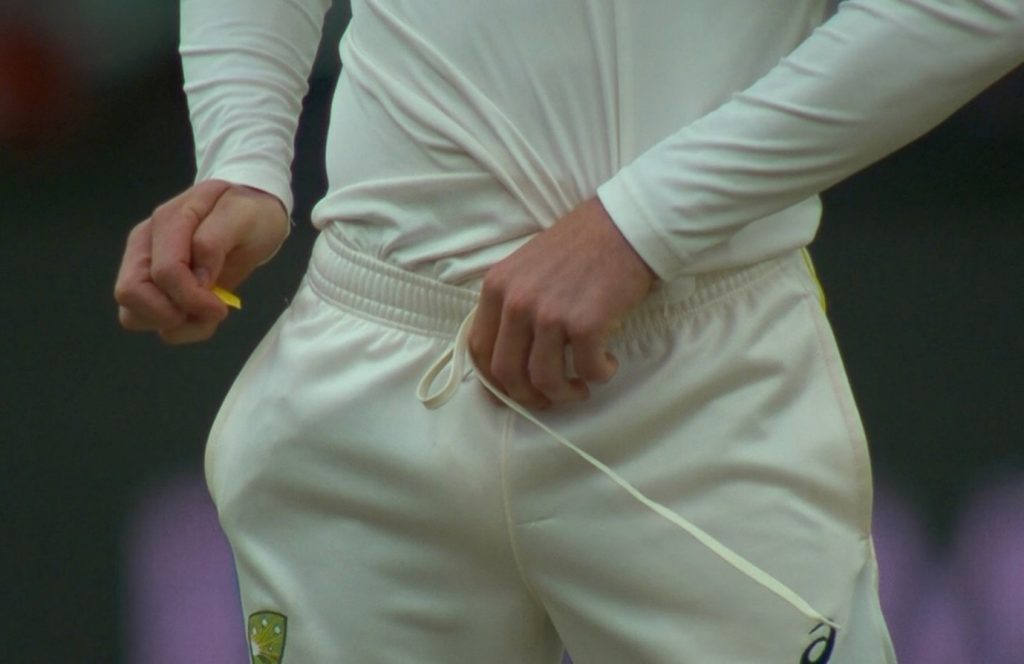
What has become apparent today more so than ever before, is that cricket players slightly above average can make a fortune from playing in domestic competitions across the globe. Ever since the emergence of the Indian Premier League (IPL) in 2008, Cricket has changed drastically over the last couple of years. T20 cricket has become the most attractive format for all parties involved, evidenced by the introduction of the new 100-ball competition: The Hundred, in the UK last year. This is a win-win for everyone (well, almost everyone). Spectators of all ages come for a quick 3 hour bash then go home to tell their friends about their spectacular outing. The national cricket boards can bank on some quick bucks over a 2 month period. The cricketers themselves get a large pay-day whilst travelling to some of the most exotic destinations in the world. But what about the die-hard cricket fan, the fan that sits by the TV to watch every single delivery, of every session over 5 days. The fan that froths over Makhaya Ntini nonchalantly guiding a ball on leg-stump to third man to complete the greatest chase ever, some might say the greatest game ever.
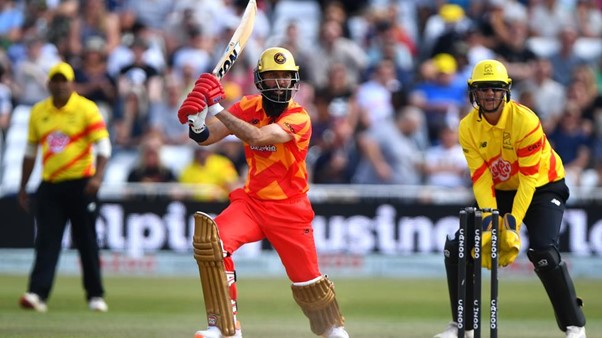
So the question is do you alter the international game to cater to the demand for T20 cricket, or do you lose star players to franchise cricket? In the last couple of months, two of cricket’s most polarizing yet undeniable show-stoppers have called it quits on their international careers for 1 of the 3 formats. Quinton De Cock called time on his Test cricket career at 29 years old, and most recently, Ben Stokes whose 2019 World Cup heroics gave England a famous world cup triumph at the Home of Cricket, Lords Cricket Ground, were not enough to stop him from calling time on One Day Internationals. This goes to show that the international game is in trouble.
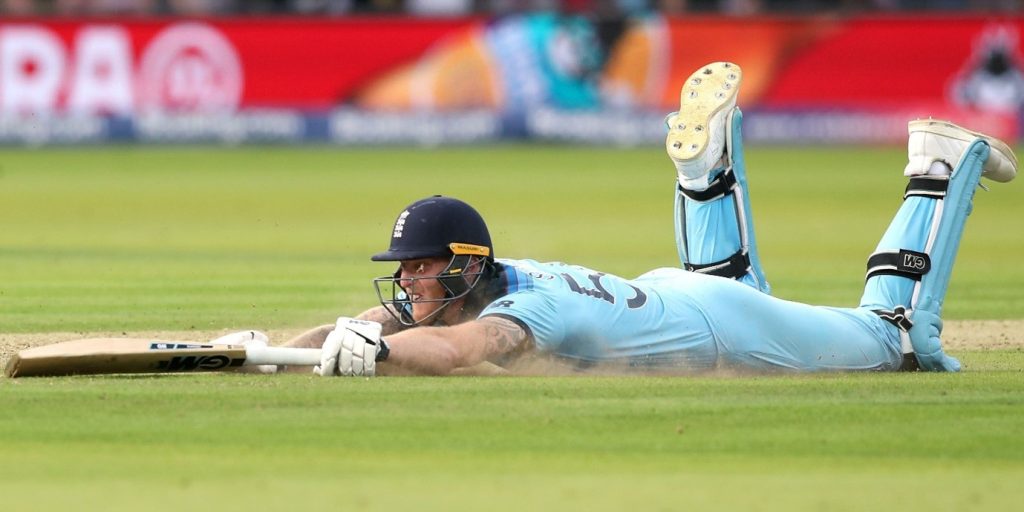
However the biggest dilemma today is reserved for Australian great, (well that’s controversial if you ask a South African fan) David Warner. Cricket Australia faces a pivotal moment right now. With a new league starting in the UAE at the same time as the Australian-run Big Bash League, and yet offering David Warner a large sum of money for his services. Does Cricket Australia allow him to participate in this tournament, essentially cementing the place of franchise cricket, as it shows that with the right financial incentive, even someone of Warner’s pedigree would rather play in the new league than promote local cricket in Australia by playing in the Big Bash. Or do they refute the Australian basher’s request and potentially risk losing him to an early “retirement”?
Before the emergence of other global T20 tournaments, the Big Bash was second only to the IPL. For a long time, the Melbourne Cricket Ground would see large crowds gathered to watch Glenn Maxwell “the Big show” go head-to-head with Chris Gayle “the Universe boss”. The birth of the Caribbean Premier League, the Hundred, the Canada T20 league, has meant it is nearly impossible for players to play all 3 formats for their country of birth. That is, to play international Test matches, One-day international matches and T20 Internationals as well as franchise cricket all in a calendar year.
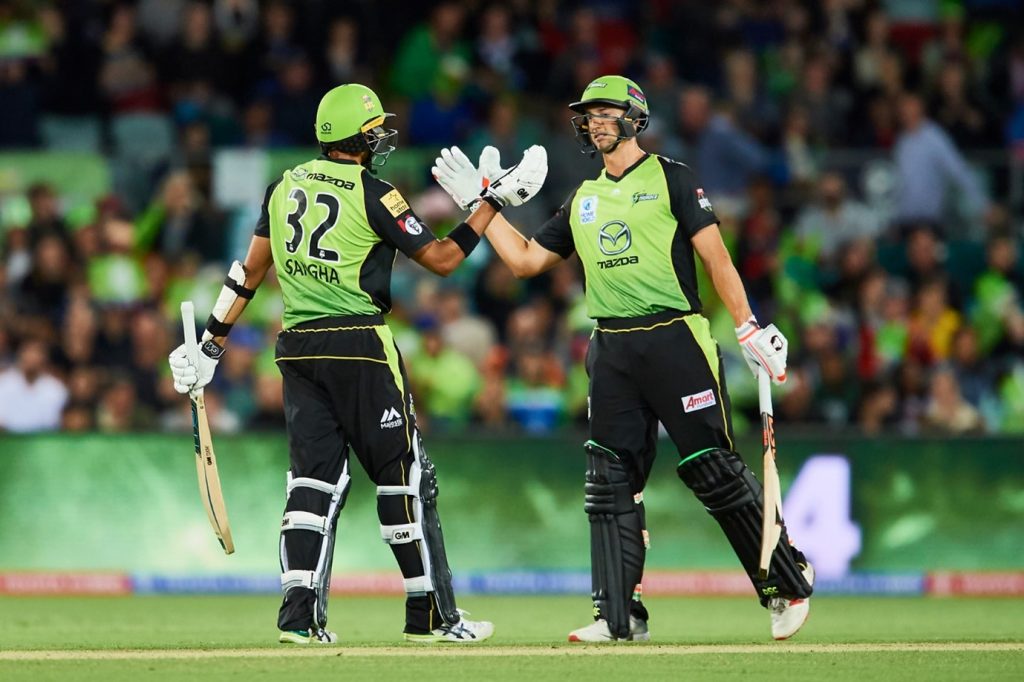
How do all these global tournaments pose a huge threat to the international game, you ask? Although playing for your national team has and will always bring about a sense of pride, cricketers also make a living from playing the game, and they make massive sacrifices to do so. Take a second to think about the average international player: They spend most of the year away from home, touring from one country to the next. Over the course of the year, an international cricket player can find themselves away from home for 9 out of the 12 months. What global tournaments have done, is provide players the option of going to exotic destinations such as the Caribbean, with their families, for only two months at a time to play T20 cricket whilst earning a very decent pay-day. At the end of the day, cricketers like any other professionals, are human too. One can only play international cricket for so long, until they want to get themselves a retirement package for a couple of years. With the way the game looks today, it won’t be long till players are retiring from international cricket at the age of 30 to play in different leagues around the world unless something changes.

Another problem that’s pushing players away from international cricket, is the way which international matches are scheduled in addition to all the franchise cricket. There is simply too much cricket. In the course of a year, a player can tour Australia, play 3 test matches, 5 ODI’s and 3 T20’s, all in a period of 2 months. And then travel to India for the IPL for another 2 months, then straight after that travel to Sri Lanka for a 2 match test series, before being signed by a team in the Hundred Competition in the UK. And all of this is done in less than 8 months. As sad as it may be, global T20 competitions are here to stay. They are more profitable, bring in more crowds and take less time. The game has got to cater for them. But to do so, it means that one of the 3 international formats (Test, International and T20) will need to be phased out or remodeled. Take a moment to lament over that last statement. Do you really understand what this means?
If T20 cricket is not going anywhere, it means either ODI cricket or Test cricket will inevitably be phased out or remodeled. Which format is most likely to be phased out or remodeled, and what does this mean? Test cricket is the ultimate format of the game. It tests every single element of a cricketer, their grit, resilience, mental fortitude, skill, patience and ultimately their cricket smarts. Any Tom, Don or Harry can learn the art of power-hitting or go to the gym become an Andre Russell and muscle the ball out of the ground, but not everyone can learn to read the game, understand the moment, and execute their game plan like a test cricketer needs to. Remember when Andrew Flintoff ripped through the Australian top order in the 2005 Ashes and the Barmy Army lost it? Or when Ben Stokes pulled off the ultimate Headingley miracle in 2019? How about the 2nd Test of the 2019 Ashes where cricket theatre came alive? The cricketing world stood still and had its gaze firmly fixed on Jofra Archer and Steve Smith. The clouds turned grey and overcast as if to pay homage to the moment. It was the perfect scene for a titanic battle: the new kid on the block bowling absolute rockets, against the meticulous master who many considered to be the Don Bradman of his era, needing to redeem himself after the Cape Town scandal. It was truly an occasion to behold. Each delivery was met with ‘Ooos!’ and ‘Ahhhs!’. For those present on this historic moment it must have felt something like being at a Shakespeare production. I guess it’s safe to say that even today, there is a place for test cricket amidst the T20 centric game.
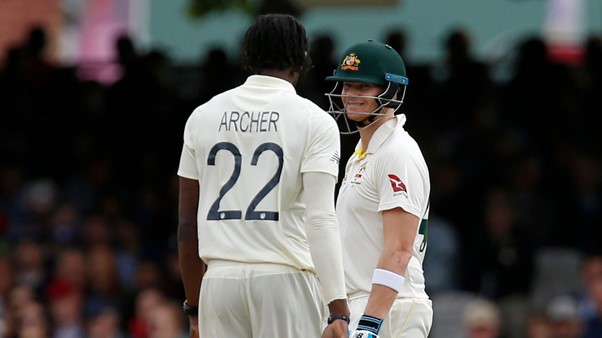
ODI cricket somewhat feels like the middle child, the one that’s become forgotten. There has been some incredible moments though. Do you remember when Sachin Tendulkar scored the first-ever double-century vs South Africa, or that incredible 149 by AB DeVilliers vs West Indies. Or that 4-year stretch when Virat Kohli went beast mode and scored a ridiculous amount of runs. ODI cricket has had its moments, however, just like a middle child it seems as though it’ll be the scapegoat. This has already started with South Africa cancelling its ODI Bi-series vs Australia in order to focus on starting their own franchise competition in SA, where they want their national team players available to play.

As for David Warner, what must Cricket Australia do? The way this situation is handled could ultimately set a precedent going forward. Where a player could essentially refuse to be contracted by the national team on a yearly basis but rather on a series-by-series basis and thus allowing the player to play according to their own schedule. This would allow a player to play the prestigious series such as the Ashes, but if a series against Zimbabwe clashes with the IPL they would opt to play in the IPL. If Cricket Australia allow Warner to play in the domestic league, they would be conceding power to franchise cricket. And if they don’t, he could just as well choose to retire from international cricket, travel around the world and play franchise cricket. The international game has reached a cross-roads and now the National Boards, the ICC and other stakeholders have an era-defining, game-changing decision to make.


